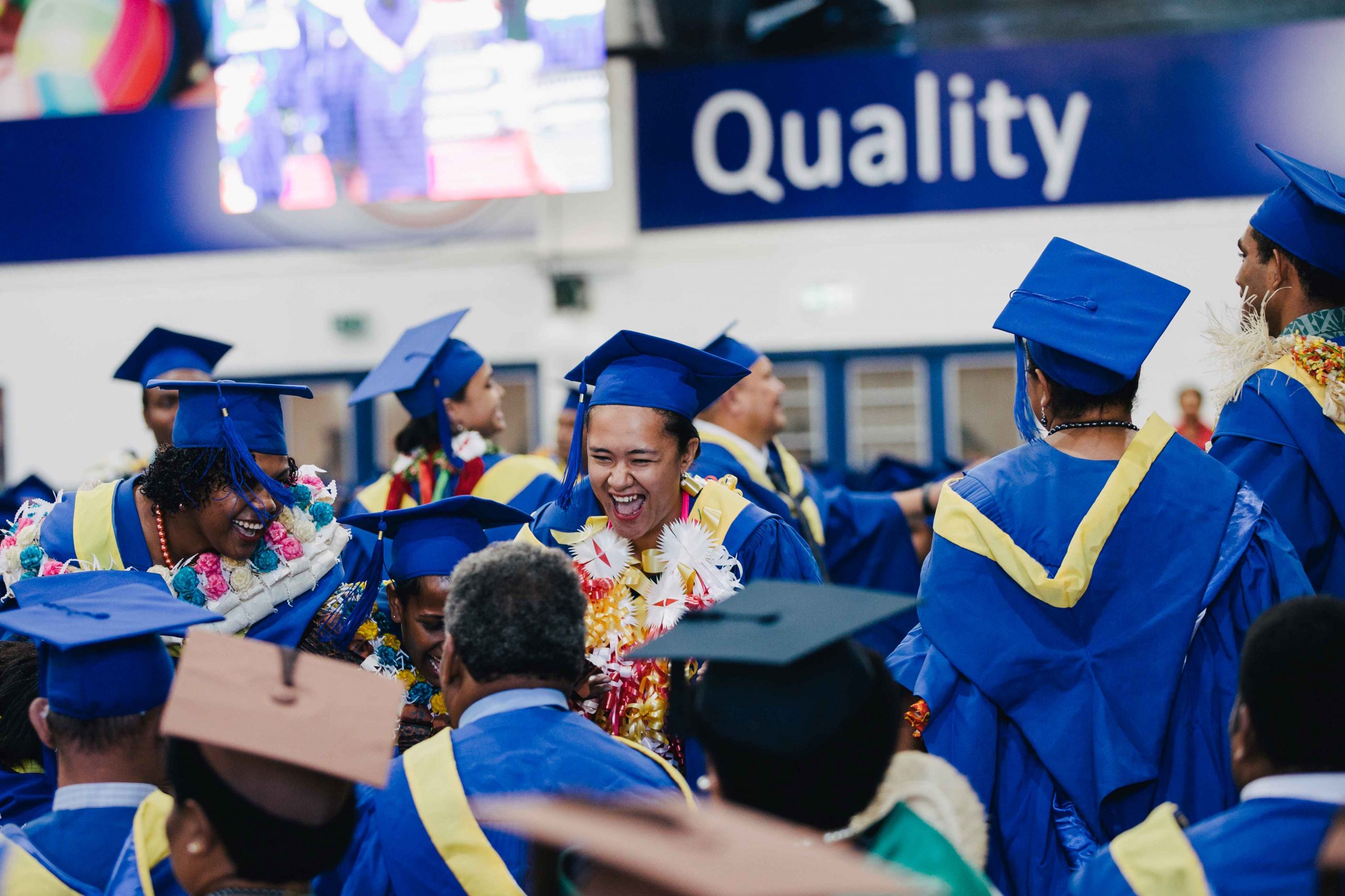When Islands Business met with leaders from the University of the South Pacific recently, they were just hours away from making the decision to cancel the year’s graduation ceremonies in Fiji. It was the start of the second wave of COVID cases, which has now seen strict restrictions on movement and gatherings imposed across Fiji for over a month.
We met to discuss USP’s transition to online study for weeks of the 2020 academic year. Now with lecture halls at the Laucala campus again emptied of students, the lessons of last year are . . .
Please Subscribe to view full content...
